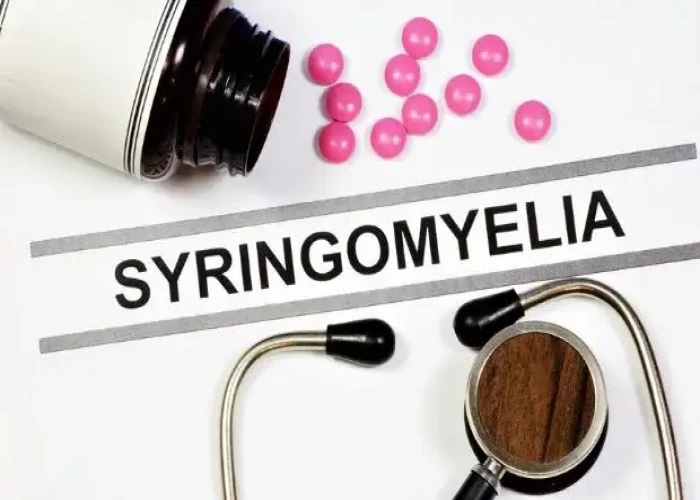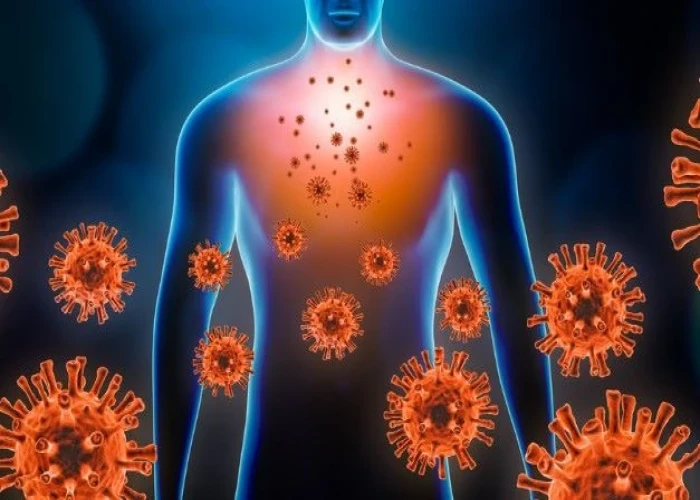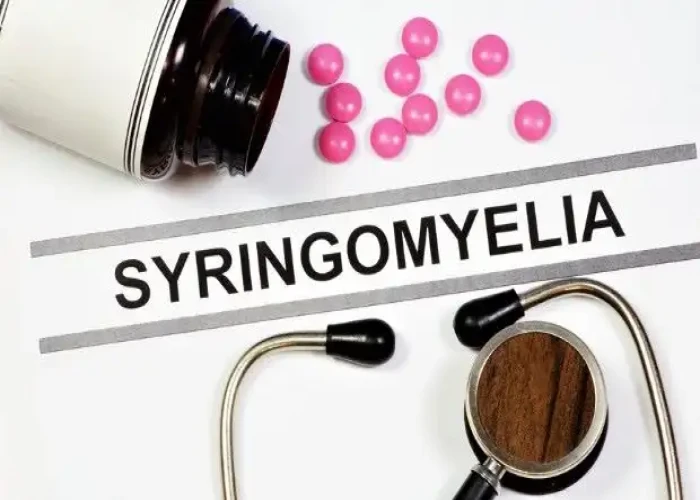 Welcome
Welcome
“May all be happy, may all be healed, may all be at peace and may no one ever suffer."
Syphilis

Syphilis is a sexually transmitted infection (STI) caused by the bacterium Treponema pallidum. It is transmitted through sexual contact, including vaginal, anal, and oral sex, as well as through sharing needles with an infected person.
Symptoms of syphilis can vary depending on the stage of the infection, which can be divided into primary, secondary, latent, and tertiary stages. Primary syphilis usually presents as a painless sore or ulcer on the genitals, anus, or mouth, which may go unnoticed. Secondary syphilis can cause a rash, fever, swollen lymph nodes, and other symptoms. Latent syphilis may have no visible symptoms, but the infection is still present in the body. Tertiary syphilis is a late-stage infection that can cause serious damage to organs such as the heart, brain, and nerves, and may lead to death.
Syphilis can be treated with antibiotics, usually penicillin. It's important to get tested and treated for syphilis as soon as possible, especially since early treatment can prevent serious complications. The most effective way to prevent syphilis and other STIs is to practice safe sex, including the use of condoms, and to get regular STI testing if you are sexually active.
Research Papers
Disease Signs and Symptoms
- Skin sores, bruising or rashes
- Vagina shores
- Penis shores
- Hair loss
- Muscle pain
- Fever
- Sore throat
- Swollen lymph nodes
- Many people who have syphilis don't notice the chancre because it's usually painless, and it may be hidden within the vagina or rectum.
Disease Causes
Syphilis
The cause of syphilis is a bacterium called Treponema pallidum. The most common way syphilis is spread is through contact with an infected person's sore during sexual activity. The bacteria enter the body through minor cuts or abrasions in the skin or mucous membranes. Syphilis is contagious during its primary and secondary stages, and sometimes in the early latent period.
Less commonly, syphilis may spread through direct contact with an active lesion, such as during kissing. It can also be passed from mothers to their babies during pregnancy or childbirth.
Syphilis can't be spread by using the same toilet, bathtub, clothing or eating utensils, or from doorknobs, swimming pools or hot tubs.
Once cured, syphilis doesn't return on its own. However, you can become reinfected if you have contact with someone's syphilis sore.
Disease Prevents
Syphilis
There is no vaccine for syphilis. To help prevent the spread of syphilis, follow these suggestions:
- Abstain or be monogamous. The only certain way to avoid syphilis is to avoid (abstain from) having sex. The next-best option is to have mutually monogamous sex in which both partners have sex only with each other and neither partner is infected.
- Use a latex condom. Condoms can reduce your risk of contracting syphilis, but only if the condom covers the syphilis sores.
- Avoid recreational drugs. Misuse of alcohol or other drugs can inhibit your judgment and lead to unsafe sexual practices.
Partner notification and preventive treatment
If tests show that you have syphilis, your sex partners — including current partners and any other partners you've had over the last three months to one year — need to be informed so that they can get tested. If they're infected, they can then be treated.
Official, confidential partner notification can help limit the spread of syphilis. The practice also steers those at risk toward counseling and the right treatment. And since you can contract syphilis more than once, partner notification reduces your risk of getting reinfected.
Screening for pregnant women
People can be infected with syphilis and not know it. In light of the often deadly effects syphilis can have on unborn children, health officials recommend that all pregnant women be screened for the disease.
Disease Treatments
Medication
When diagnosed and treated in its early stages, syphilis is easy to cure. The preferred treatment at all stages is penicillin, an antibiotic medication that can kill the organism that causes syphilis. If you're allergic to penicillin, your doctor may suggest another antibiotic or recommend penicillin desensitization.
The recommended treatment for primary, secondary or early-stage latent syphilis — which refers to an infection within the last year — is a single injection of penicillin. If you've had syphilis for longer than a year, you may need additional doses.
Penicillin is the only recommended treatment for pregnant women with syphilis. Women who are allergic to penicillin can undergo a desensitization process that may allow them to take penicillin.
Even if you're treated for syphilis during your pregnancy, your newborn child should be tested for congenital syphilis and if infected, receive antibiotic treatment.
The first day you receive treatment, you may experience what's known as the Jarisch-Herxheimer reaction. Signs and symptoms include a fever, chills, nausea, achy pain and a headache. This reaction usually doesn't last more than one day.
Treatment follow-up
After you're treated for syphilis, your doctor will ask you to:
- Have periodic blood tests and exams to make sure you're responding to the usual dosage of penicillin. Your specific follow-up will depend on the stage of syphilis you're diagnosed with.
- Avoid sexual contact with new partners until the treatment is completed and blood tests indicate the infection has been cured.
- Notify your sex partners so that they can be tested and get treatment if necessary.
- Be tested for HIV infection.
Disease Diagnoses
Disease Allopathic Generics
-
Procaine Penicillin + Benzyl Penicillin
Procaine Penicillin and Benzyl Penicillin are drugs in primary and secondary cases.
1 injection of 6 lakh should be given daily in the flesh for 10-15 days. 4 lacs from 1 vial and 2 lacs (6 lacs) from another vial.
-
Oxytetracycline
If allergic to penicillin.
2 capsules of 250 mg or 1 capsule of 500 mg every 6 hours for 15 days. It should not be given to pregnant women.
-
Cephalexin
Cephalexin is effective in treating syphilis.
500 mg every 6 hours. 2 weeks
-
Erythromycin (Oral)
Medicines containing erythromycin.
2 doses of 250 mg or 1 dose of 500 mg every 6 hours for 3 weeks.
-
Benzathine Penicillin
If treated well, the disease is cured in the second stage. If not treated, the third condition occurs.
Diamine Penicillin 12 lakh units or Penadul-la 12 lakh units.
1 injection per week should be given in the flesh. (3 weeks)
- Multivitamin & Multimineral
- Multivitamin [Injection]
Disease Ayurvedic Generics
Disease Homeopathic Generics
-
Mercurius solubilis
1X, 3X power.
-
Syphillinum
30, 200 strength.
-
Viola tricolor (Jacea)
6, 30 strength.
-
Mercurius iodatus ruber (Merc bin iod)
6, 30 strength.
-
Aurum metalicum
3, 6 strength.
-
Nitric acid
6, 30 strength.
-
Carbo animalis
30, 200 strength.
-
Lachesis
6, 30 strength.
-
Phytolacca
1X, 6X strength.
-
Stillingia
1X, 2X strength.
-
Hecla lava
6, 30 strength.
-
Mercurius dulcis
6, 30, 200 power.
-
Arsenicum
3X power.
-
Kali bichromicum
6, 30 strength.
-
Mezereum
30, 200 strength.
-
Aspidium
30, 200 strength.
-
Thuja occidentalis
30, 200 strength.
Disease yoga
Syphilis and Learn More about Diseases

Buerger's disease

Epidermoid cysts

Yeast infection (vaginal)

Dysentery

Post-vasectomy pain syndrome

Pneumonitis

Muscle strains

Systemic capillary leak syndrome
syphilis, সিফিলিস
To be happy, beautiful, healthy, wealthy, hale and long-lived stay with DM3S.
